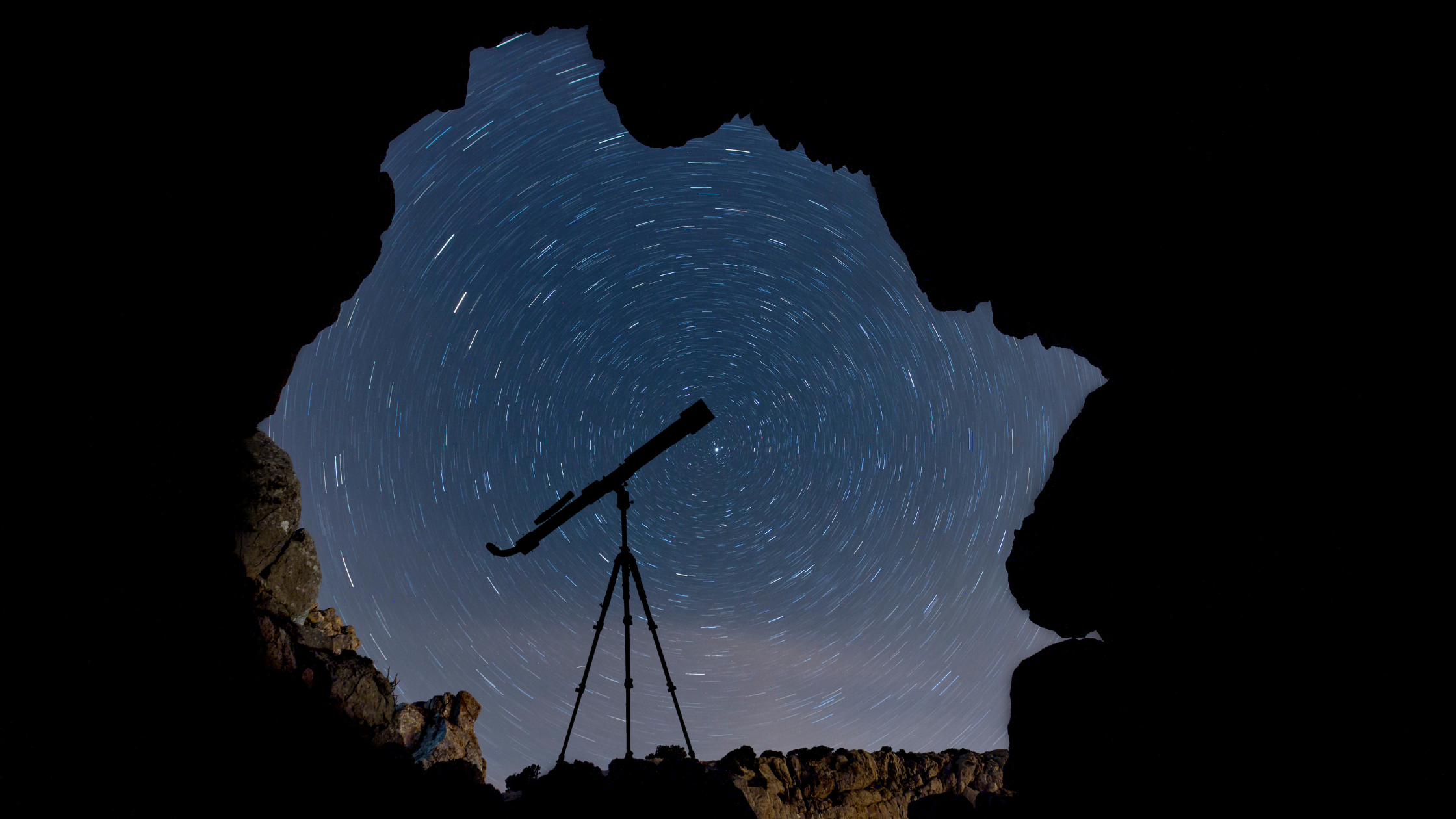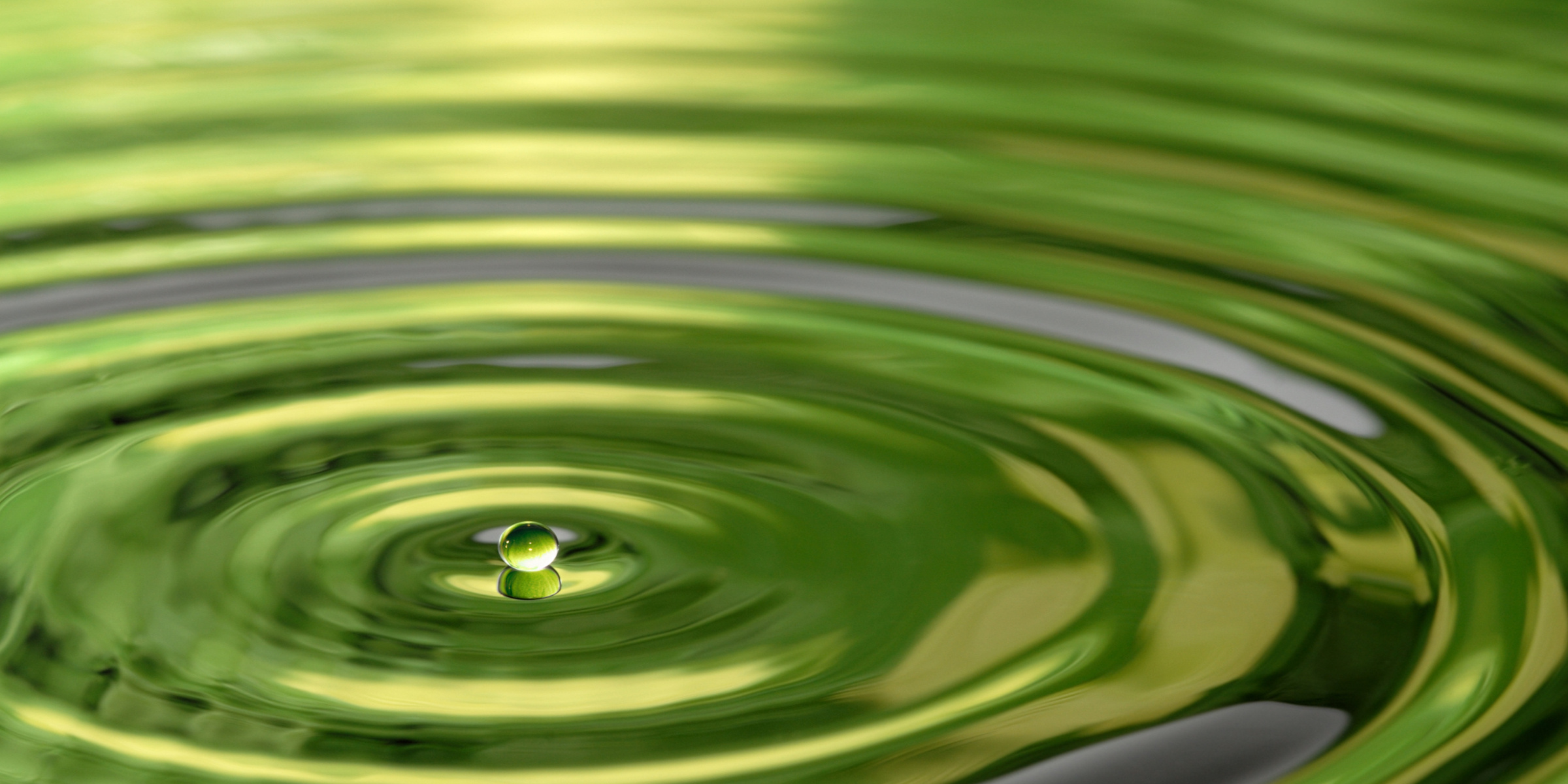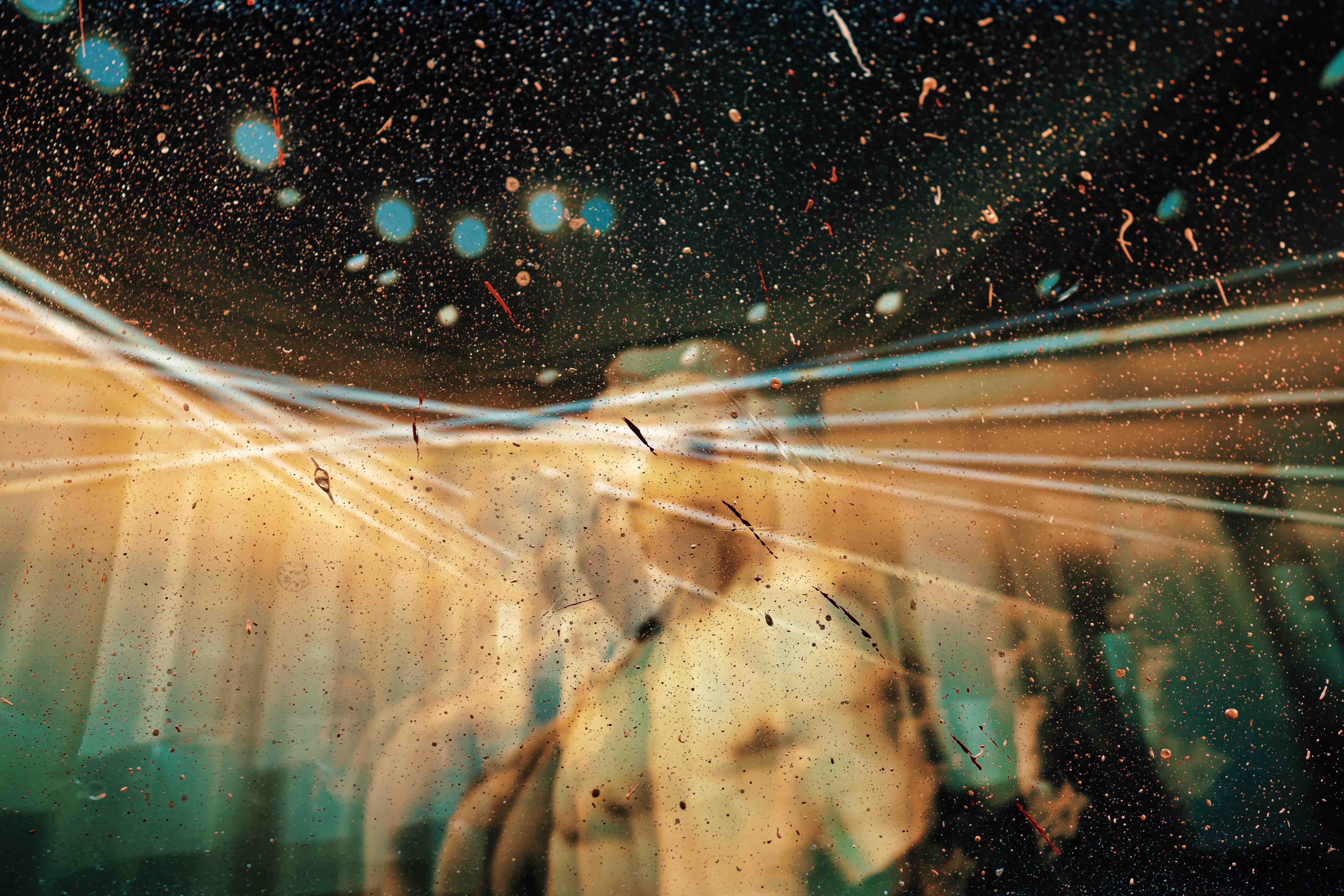Psychedelic journeys are known to be euphoric, challenging, expansive and even ego-dissolving, with the potential to deeply affect the journeyer mentally, emotionally, spiritually, physically and environmentally.
Positive change can take place when you make a commitment to support your own healing, personal growth and transformation. Natasja Pelgrom, Synthesis Wellness Director and Lead Facilitator, says:
“When undergoing a deep transformative psychedelic experience, it typically requires an extended period of adjustment. Integration is ideally achieved when the experience, its meaning, and its after-effects have been incorporated into one’s life.”
There is no specific formula for preparation and integration because it truly depends on who you are and your intentions for the experience. The tools you choose should be unique to you and the most effective modalities will have likely already sparked your interest, whether you’ve practised them at some point in your life, or they’re a part of your wellness routine.
It is not uncommon to feel emotionally raw or slightly destabilized after a significant meaningful experience like a psychedelic journey, so it is always wise to allow for plenty of space to let any process unfold at its own pace.
Which wellness practices do you find nourishing and supportive? Are there any you can imagine would truly benefit you? And what would be a way to get started, and perhaps more importantly, keep at?
While customizing the journey of preparation and integration to your preferences, there are some modalities that are proven to work well for most people, and it is likely there are some included here that will be new to you.
Which modalities are shown to support a psychedelic journey?
- Intention Setting
- Breathwork
- Journaling
- Private Sessions with a Trained Psychedelic Practitioner, Coach, or Therapist
- Sharing Circles and Group Calls
- Create an Action Plan
- Movement, Bodywork and Somatics
- Meditation
- Walks in Nature
- Listen to Music
- Creative Expression
Intention Setting
What do you aspire for in your life? Why would you like to engage in a psychedelic journey?
Setting meaningful, clear intentions can help guide the outcome you hope to achieve from your psychedelic journey. Allow yourself the time to bring into focus the ideas that have brought you to the doorstep of change and write down three intentions you’d like to experience as a result of your psychedelic experience.
Consider a change you want to create in the next six months that’s not related to a feeling or about someone else. Rather than ‘fixing’, try to focus on what’s attainable in a constructive frame like: “My intention is to love my body.” “My intention is for clarity on my life purpose.” “My intention is to learn how to accept and let go of my past.”
Breathwork
Breathwork is the practice of consciously controlling your breath to process emotions or change the state of your body or attitude. It is an important part of our retreat program because the power of breath can help you to anchor yourself during the journey as well as induce a non-ordinary state of consciousness, similar to a psychedelic experience.
Breathwork can help with transitioning your body from operating within a“fight-flight-freeze” stressed state into total relaxation, infusing the cells of your body with oxygen to help you reduce the physical stress response in your body, experience true surrender, and heal the emotional turbulence stored in your being.
How? We recommend joining a workshop, finding a trained breathwork instructor or watching safe videos to practice and learn more about how breathwork can influence your mental, emotional or physical state.
Journaling
The practice of ‘freewriting’ with a pen on paper can help you release unresourceful thoughts and feelings you’re holding and improve your mental well-being, help make sense of your life, gain clarity on who you are and where you’re going and give you a private space for self-expression.
How? Prompts or questions can help you deep dive. Remember to leave judgement at the door and simply let your thoughts flow onto the pages. Authenticity is key.
To integrate your journey, write down what you remember from the experience. We suggest journaling after the experience by using first person, present tense perspective. For example: ‘I close my eyes and see a whirlwind of color and patterns.’ This increases recall and supports you to remain open to the experience itself, instead of blending in second-tier meaning-making. Unravel the visual metaphors of symbols and memories that might have appeared and see what gems of wisdom appear.

Talking with a Trained Psychedelic Practitioner
Speaking with a trained Psychedelic Practitioner is one of the most effective ways to catalyze lasting change. A guide can help you feel comfortable and safe before the journey, giving you flight instructions and guidance.
To integrate, it’s highly beneficial to share what happened in your psychedelic journey with a trustworthy, compassionate and experienced practitioner, facilitator, coach or therapist to profoundly help you to make sense of the contents of your journey, and unravel what the meanings signify for you personally, and how you can leverage those things to create positive change in your life now. James Clifton, Lead Facilitator at Synthesis says,
“If we are encouraged and supported in safe ways with ethically-minded guides, we can start to reveal, integrate and embrace hidden parts of ourselves.”
How? Transpersonal psychotherapy, shamanic work, a vision quest, working with archetypes and shadow work are all good areas to explore within sessions. You can find trusted Psychedelic Practitioners on psychedelic.support.
Sharing Circles and Group Calls
There’s a powerful sense of being witnessed and feeling seen and heard when you speak from the heart and listen with attention in a group sharing circle. By listening to other experiences, it helps you to increase your connection with others and recognize how everyone has their personal struggles and stories which can be moving and encouraging for you. This is a key part of our group psychedelic retreats where the role of ‘Communitas’ has been found to have beneficial effects on well-being. It is important to be able to safely express any old patterns and new awakenings, without fear of consequence or judgment. Being accepted as the “whole you”, with all your old baggage and new aspirations, is a critical step towards integrating your psychedelic experience.
How? You can find sharing cycles by google searching for ‘psychedelic society of *add your location*’.

Create an Action Plan
People often approach psychedelics thinking they will change their whole world. For some people, that’s the case. Yet, often the revelations fade. If you outline the habits you wish to change, with a timeline giving yourself goals to achieve, you’re a lot more likely to hold yourself accountable.
Breaking down big plans into small steps makes it easier to decide to engage in your practice when you need it most. It is this commitment to self-care that is essential to cultivate, before and after any psychedelic experience. As some teachers say, “Your whole life is in preparation for the next ceremony.” Making sure you are resourced and practiced in resilience, your nervous system can relax and trust that you can handle whatever comes next in life.
What are you going to do to create the changes you’re wanting, whether it’s a new career path or a relationship? Write down ambitions for new routines and practices. Identify what you want with friends and people you trust. Change can happen if you continuously take small steps and walk in the direction of your goals. When you define what you aspire to, make commitments to yourself and accept whatever feelings might arise, you are realistically more likely to make a change.
Daan Keiman, Synthesis Director of Ethics and Lead Facilitator suggests a balanced approach:
“An action plan can work great, but very often psychedelics are nonlinear. Be mindful that sometimes a psychedelic experience is showing that you should get out of your comfort zone, and life can't be planned. Strike the right balance between listening to what you need in the moment and sticking to your plan.”
Movement, bodywork and somatics
We are often programmed to think of our physical and emotional well-being, our body and our mind, as two separate things. However, we need nourishment as a whole, complex being. Intentional bodywork throughout your preparation and integration work will help you embody your experience, move through some trauma that you may have stored in different parts of your nervous system and feel more connected with yourself.
Bodywork, especially after a psychedelic journey, can connect us to our whole body when we usually ‘live’ in our heads. Movement, when done with attention, can facilitate profound self-awareness and activate our inner-healing intelligence, improving mental, physical, and spiritual health.
How? Activities like yoga, dancing freely, ecstatic dance, five rhythms, float tank, chi kung, martial arts, stretching, walks in nature, clinical somatics.

Meditation
Many contemplative traditions such as silently meditating have been shown to have some similarities with a psychedelic experience, specifically related to quieting our minds, and “interrupting the interrupter”, so our most newly evolved structures of the brain won’t interfere with deeper somatic processes. Various types of meditation can support your journey, from mindfulness meditation and buddhist practices, like loving kindness and awareness, to guided visualisations.
How? We recommend finding a space in your home that you dedicate to meditation. If you’d like some support with guided meditation, Insight Timer and Headspace are tried-and-tested apps that we recommend. Read about how psychedelics boost mindfulness here, and ten mindfulness tips to boost your well-being here.
Walk in Nature
Deepening your connection with nature can have profound effects on your well-being, and psychedelics are known to enhance that feeling of connectedness with the fabric of life that surrounds us. We are made to sense with every part of our body. And if you don’t use it… well, you lose it.
Whether you enjoy spending time near rivers, beaches, forests, mountains or in local parks, strengthening our relationship with our natural environment can help us manage negative emotions and cultivate a spirit of care and commitment for our well-being, and the health of the whole planet. Our aliveness is deeply tied to being in a world that is alive around us.
How? Why not block time every day for a walk in your local park, or plan time to go for a hike in your local natural park? Maybe you want to learn more about environmental issues, or volunteer with environmental groups. Growing and caring for your own house plants or garden is also where many people feel happy. There are so many ways to increase your connection to nature. You can read more about how psychedelics increase our connection to nature here.
Listen to Music
Music can have deeply healing effects on your brain, sonically influencing your emotions and even your physiology. Aristotle wondered, “Why does music, being just sounds, remind us of the states of our soul?” Music is a powerful tool to help guide participants through the peaks and valleys of psychedelic states, and can play a central role in a participant’s journey.
How? Listening to music that’s meaningful for you, can lift your mood, carry you through some deep emotions and give you hope. Deep resonance has a cathartic effect, and helps the nervous system to “reset” and let go of any past patterns. Whether you love singing bowls, binaural beats or soothing sounds, or psychedelic rock, soul or folk, actively listening to music can be moving in many ways. Curate a playlist of music that makes your heart sing, and lie down and listen to it. Learn about the power of music in psychedelic journeys here.
Creative Expression
Psychedelics are known to boost creativity and divergent thinking. Many forms of creative expression can give us freedom to explore our human experience in a way that sways from the cognitive skills we tend to favour.
How? Making art, crafting, creative cooking, singing, playing an instrument, dancing, decorating your home, the list is endless. Learn more about how psychedelics affect your creative thinking here.

To conclude, we encourage you to dedicate time to practices that you enjoy and find both rewarding and healing in support of your journey with psychedelics. Often, just being present with yourself is the greatest gift we can receive. And remember, this is a life-long process of exploration, as the quote by the transcendentalist Ralph Waldo Emerson reminds us, “Life is a journey, not a destination.”












